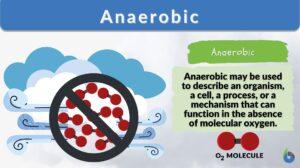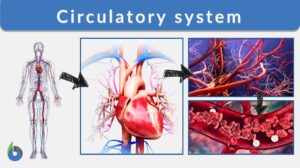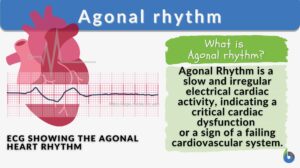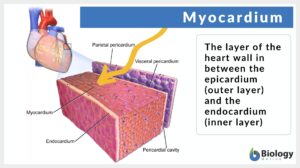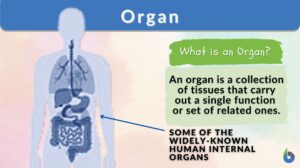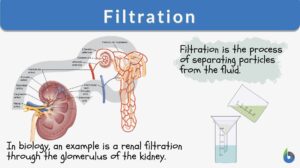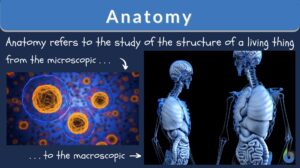Search Results for: cardiovascular system
Cardiovascular system
Definition noun The organ system in which the blood is pumped through the heart and circulates throughout the body through... Read More
Semilunar valve
The human heart structure consists of heart chambers (2 atria and 2 ventricles) that differ functionally from each other.... Read More
Circulation
Blood Blood is composed of a liquid, plasma, and blood cells such as erythrocytes (red blood cells,) leukocytes (white... Read More
Depolarization
Depolarization is the removal of polarity by a process or action. It might also be used to describe how such activity leads... Read More
Y chromosome
Y chromosome Definition The Y chromosome constitutes one member of the pair of sex chromosomes within an organism, a common... Read More
Blood vessel
Definition noun, plural: blood vessels Any of the vessels in cardiovascular system and functions by carrying blood... Read More
Homeostasis
Homeostasis is the tendency not to stray from the range of favorable or ideal internal conditions. Such conditions must be... Read More
Addressing the Unmet Medical Need for Safe and Effective Weight Loss Therapies
Perspective Addressing the Unmet Medical Need for Safe and Effective Weight Loss Therapies Cynthia M. Arbeeny Address... Read More
Closed circulatory system
Definition noun A type of circulatory system where blood circulates within closed vessels, thus, blood is distinct from... Read More
Muscular system
Muscular System Definition What is the muscular system? The muscular system is a system that includes muscle cells and... Read More
Circulatory system
Circulatory System Definition noun The organ system responsible for the circulation and transport of oxygen, carbon... Read More
Agonal rhythm
Agonal Rhythm Definition Agonal rhythm is the slow, irregular heart rhythm (electrical activity of the heart), particularly... Read More
Monounsaturated fat
What is monounsaturated fat? Monounsaturated fats are healthy dietary fats. They are liquid at room temperature. Unlike... Read More
Myocardium
Myocardium Definition What is the myocardium of the heart? It is the muscular middle layer of the heart that is... Read More
Passive transport
Passive transport is a type of cellular transport in which substances such as ions and molecules move down their respective... Read More
Lymphoid organ
Definition noun, plural: lymphoid organs The organ of the lymphatic system, and carries out various immune... Read More
Embryology
Embryology Definition Embryology is a branch of biology that deals with the topics concerning gamete formation... Read More
Biological system
Biological System Definition A biological system refers to a network of entities that work as a unit, functioning together... Read More
Circulatory fluid
Definition noun The fluid confined within the vessel in a closed circulatory system or that contained in a cavity (hemocoel)... Read More
Filtration
Filtration Definition What is filtration? Filtration is separating a solid from a fluid through a porous material that... Read More
Cell membrane
Cell Membrane Definition Just like any non-living body possesses a plastic or paper packaging material that keeps the... Read More
Lymphatic vessel
Definition noun, plural: lymphatic vessels (anatomy) A vessel that carries lymph and is responsible for the removal of... Read More
Sphenopalatine ganglioneuralgia
Definition noun The medical or scientific term for brain freeze Supplement The sphenopalatine ganglioneuralgia is a type of... Read More
Chronobiology
Chronobiology Definition Chronobiology is a branch of biology that studies time-related phenomena (e.g., biological... Read More
High-density lipoprotein cholesterol
Definition noun High-density lipoprotein carrying a cholesterol molecule at its center Supplement A lipoprotein is an... Read More
Dehydration reaction
What is dehydration synthesis? A dehydration reaction is a form of biochemical reaction wherein a water molecule is lost or... Read More
Neural Control Mechanisms
Nerve cells called neurons generate electric signals that pass from one end of the cell to another and release chemical... Read More
Mitochondrion
Mitochondrion Definition What are mitochondria? The term “mitochondrion” comes from the two words of the Greek... Read More
Glycocalyx
What is the Glycocalyx? The glycocalyx is a polysaccharide-based gel-like, highly hydrous cellular thin layer, covering... Read More






